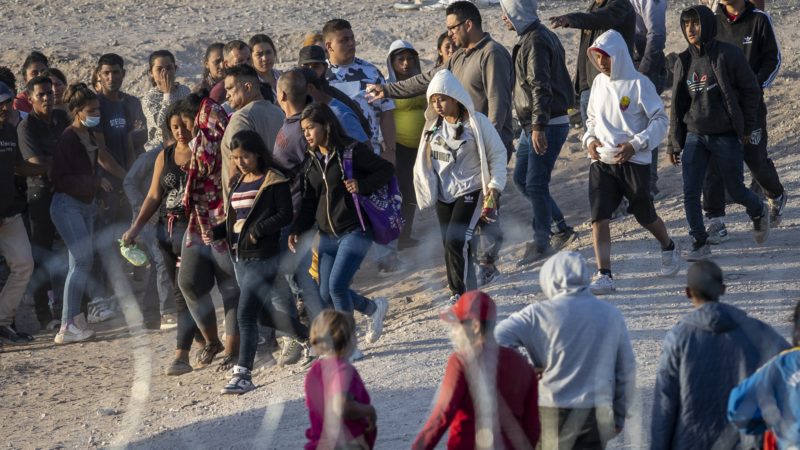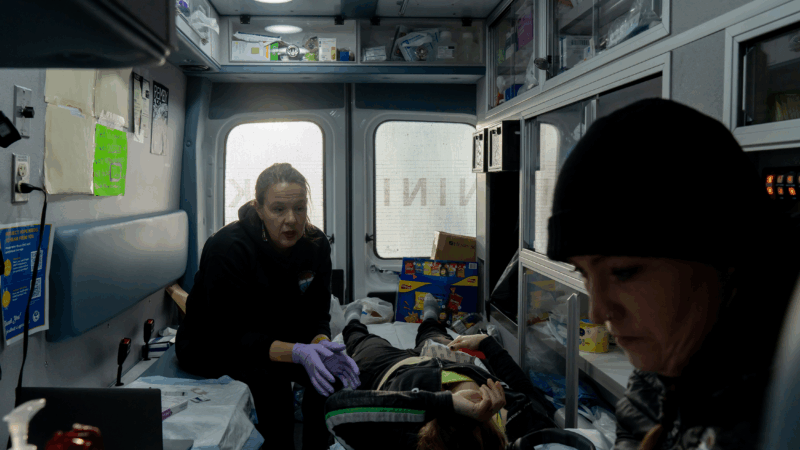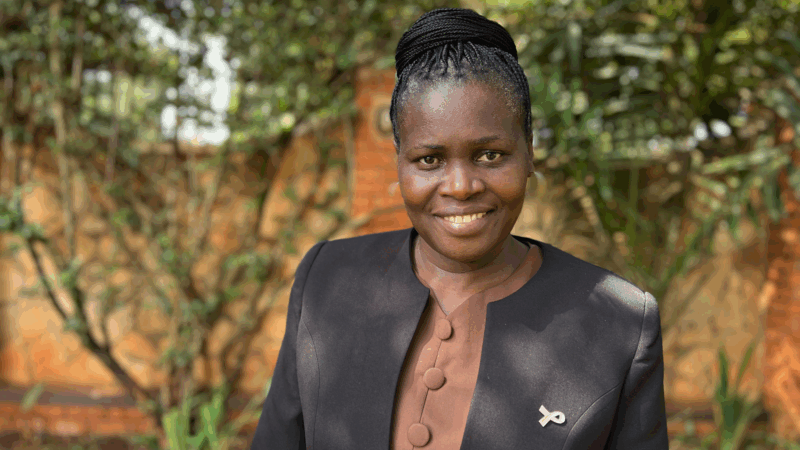ICE officers granted access to unaccompanied minors database
Multiple Immigration and Customs Enforcement officers have been granted access to information in a database on unaccompanied children who crossed the border into the United States — in line with the first Trump administration’s policies, which were revoked by the president’s successor.
In an email to staff obtained by NPR, the acting director of the Office of Refugee Resettlement said upcoming changes were necessary “to build a culture of child safety and accountability.” But advocates say they fear the administration will use it for immigration enforcement against some of the families illegally in the country that take in the children.
NPR learned of the access to the database, which is maintained by the ORR, from a staff member who spoke on condition of anonymity because of fear of retaliation. ICE officers were granted access under the direction of ORR’s interim leadership. Unlike many other immigration-related agencies, ORR is part of the Department of Health and Human Services, not the Department of Homeland Security. It comes after Mellissa Harper, an ICE official from New Orleans, was assigned last month to a short-term federal assignment as ORR’s acting director.
The Biden administration revoked efforts during President Trump’s first term to put in place an agreement that allowed ORR and DHS to share biometric and immigration-status information about the children, their sponsors and adults in their homes.
ICE and HHS did not immediately respond to a request for comment.
In the email to employees, Harper said that “both practice and culture within the sponsor evaluation process” needs to change.
“The mindset that fraud is justifiable or necessary is intolerable,” Harper said in the email. “I ask each of you to critically examine your role in the UAC [unaccompanied child] process and take responsibility in creating a culture of enhanced accountability and safety measures.”
Tom Homan, Trump’s border czar, first floated the idea to the Washington Post. He said the goal was not to use the data for enforcement, but did not rule that out in the future.
According to the most recent HHS statistics, as of Jan. 29, there were 4,096 unaccompanied children in the agency’s care; the average length of time an unaccompanied child remained in ORR’s care was 36 days, according to the agency.
During Trump’s first term, the agreement among ORR, ICE and Customs and Border Protection allowed for details such as arrests, deaths and crimes to be reported to immigration enforcement. Other information such as the citizenship status, biometric information of all adults living in the household could also be shared. The agreement was signed by several officials including Homan.
At the time, immigrant rights advocates objected to the data sharing, arguing it would impede ORR’s ability to place children with appropriate caregivers or be reunified with their family members.
According to the Congressional Research Service, a nonpartisan research institute operating within the Library of Congress, “from July through November 2018, ICE reportedly arrested 170 potential sponsors — 109 of whom had no previous criminal histories — and placed them in deportation proceedings.” Some of the data collection requirements were later pulled back, the report notes.
Homan told the Washington Post at the start of the administration he wanted access to the data to verify the safety of children under ORR care. Homan has claimed that more than 300,000 children had been given to unvetted sponsors — a claim previously made by then vice presidential candidate JD Vance and Congressional Republicans. Advocates and Democrats say there’s no evidence the claim is true. The figure comes from a DHS report that said nearly 300,000 unaccompanied migrant children had not received their notice to come to court and 32,000 had missed a court hearing between October 2018 and September 2023.
While the report did not explain the reasons for these incidents, immigration rights advocates argue there are several reasons, including that removal proceedings may not have begun or court papers were sent to wrong addresses.
Still, a New York Times investigation in 2023 found that unaccompanied migrant children are particularly vulnerable to working full time in violation of labor laws.
Selena Simmons-Duffin contributed to this report
It took 75 governors to elect a woman. Spanberger will soon be at Virginia’s helm
Abigail Spanberger, a former CIA officer and three-term congresswoman, is breaking long-held traditions on inauguration day. She says she wants her swearing-in to showcase the state's modern vibrancy.
For those with addiction, going into and coming out of prison can be a minefield.
Many jails and prisons around the country don't provide medication treatment for opioid use disorder. Studies show that medication makes recovery more likely and reduces the risk of overdose death.
Trump struck deals with 16 drug companies. But they’re still raising prices this year
All 16 drug companies that inked deals with the Trump administration over the past few months still raised some of their prices for 2026.
This hospice has a bold new mission: saving lives
A hospice in Uganda asked itself: Can we do more than ease the pain of dying? Can we actually prevent deaths from cervical and breast cancer?
Ivey releases proposed state budgets
Lawmakers are often running in Montgomery having finished the first week of this year's legislative session. It's a week that saw the announcement of Gov. Kay Ivey's budget proposal, along with the first bills starting to make their way through the legislative process. We talk about that with Todd Stacy, host of Capital Journal on Alabama Public Television.
Canada agrees to cut tariff on Chinese EVs in return for lower tariffs on Canadian farm products
Breaking with the United States, Canada has agreed to cut its 100% tariff on Chinese electric cars in return for lower tariffs on Canadian farm products, Prime Minister Mark Carney said Friday.







